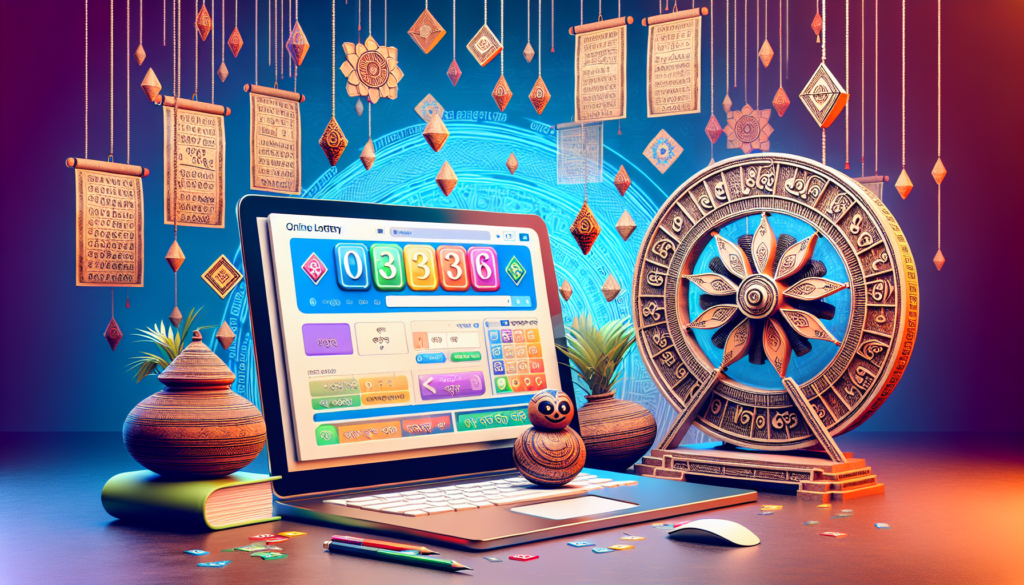In recent years, the lottery has transitioned from a physical to a digital format, making it more accessible and appealing to a broader audience. Online sis4d platforms have surged in popularity, reshaping how people participate in this age-old game of chance. This article explores the evolution of online lottery, its advantages, potential drawbacks, and the future of this burgeoning industry.
The Evolution of Lottery
The lottery has a long and storied history, dating back thousands of years. Initially used as a method for distributing land and wealth in ancient civilizations, it has evolved into various forms, including state-run lotteries, private games, and, more recently, online platforms. The advent of the internet has revolutionized many industries, and the lottery is no exception.
In the early 2000s, online lottery websites began to emerge, allowing players to purchase tickets and participate in draws from the comfort of their homes. As technology improved and regulations evolved, these platforms gained legitimacy and acceptance, making it easier for players to engage with their favorite games.
Advantages of Online Lottery
- Convenience: One of the most significant benefits of online lotteries is convenience. Players can participate in draws at any time and from anywhere, eliminating the need to visit a physical retail location. This accessibility caters to a busy lifestyle, allowing individuals to play whenever they want.
- Variety of Games: Online lottery platforms typically offer a broader range of games compared to traditional lottery outlets. Players can choose from national, international, and local lotteries, as well as instant win games and scratch cards, enhancing the overall gaming experience.
- Increased Accessibility: Online lotteries break down geographical barriers, enabling players from different regions to participate in draws that may have been previously unavailable to them. This increased access has resulted in a more diverse player base and larger jackpots, attracting attention from players worldwide.
- Secure Transactions: Reputable online lottery sites prioritize security, offering encrypted transactions and secure payment methods. Players can buy tickets without worrying about the safety of their financial information.
- Promotions and Bonuses: Many online lottery platforms offer promotions, discounts, and bonuses to attract new players and retain existing ones. These incentives can enhance the value of a player’s investment and encourage participation.
Potential Drawbacks
Despite its many advantages, online lottery also comes with certain drawbacks:
- Scams and Fraud: The online lottery landscape is not immune to scams. Players must be cautious and choose reputable platforms to avoid falling victim to fraudulent schemes. It’s essential to conduct thorough research and read reviews before engaging with any online lottery site.
- Addiction Risk: The convenience of online gambling can lead to increased risks of addiction. The ease of access may encourage individuals to spend more than they can afford, highlighting the importance of responsible gaming practices.
- Legal and Regulatory Issues: The legality of online lotteries varies from one jurisdiction to another. Players need to ensure that they are participating in legal games and that the platforms they use are licensed and regulated.
- Lack of Social Interaction: Traditional lotteries often foster a sense of community and social interaction, whether through gathering at a local shop or participating in a group pool. Online lotteries can feel isolating, as players are engaging with a digital interface rather than fellow participants.
The Future of Online Lottery
As technology continues to advance, the online lottery industry is likely to evolve further. Innovations such as blockchain technology could enhance transparency and security, while mobile apps may provide even greater convenience for players. Additionally, the integration of virtual and augmented reality could create immersive gaming experiences, attracting a new generation of players.
Furthermore, as governments around the world recognize the potential revenue streams from online lotteries, more jurisdictions may legalize and regulate these platforms, expanding their availability and legitimizing the industry.
